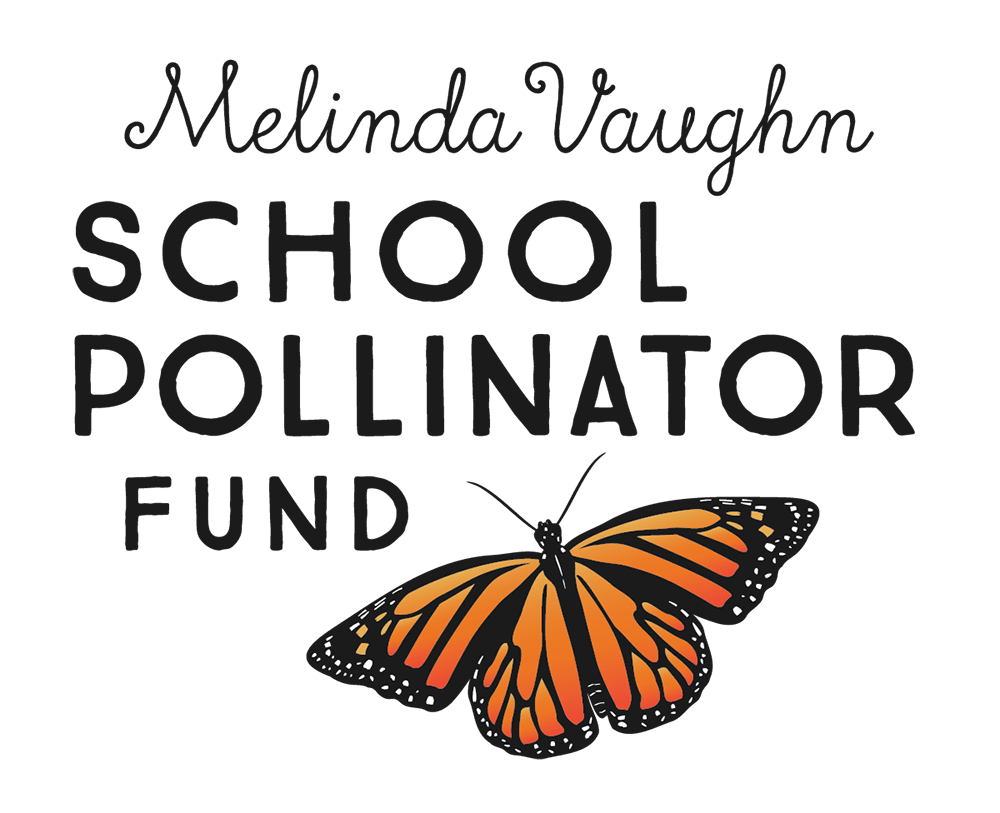Summer adventures with the X Kids
Illustration: Jessica Hildreth
As Community Engagement Coordinator at the Xerces Society for Invertebrate Conservation, Rachel Dunham does many jobs, all centering around engaging people to conserve insects and other invertebrates. In 2018 she developed a nationwide outreach volunteer program called the Xerces Ambassadors, which includes volunteers participating in events and giving talks on the Xerces Society’s behalf. She and a group of volunteers also developed the Xerces Society’s new X Kids program, which involves an activity book to foster kids’ connection to nature while engaging them in activities that contribute to the conservation of invertebrates.
This month she participated in a conversation with the School Pollinator Fund about the X Kids Program.
Q: How does the X Kids program help kids get interested in butterflies and other invertebrates?
A: The activities in the X Kids book are designed to get kids outside and exploring the invertebrates in their community. Each activity introduces kids to an invertebrate and to the superpowers that make the invertebrate unique and important. The kids then use their superpowers to complete the activity, which helps develop their skills as a budding biologist. We hope this program inspires kids to fall in love with invertebrates and to take ownership in caring for them.
Q: The X Kids program is named for the Xerces blue butterfly. What can you tell us about this butterfly?
A: Blue the butterfly, the main character of the book, is a relative of the Xerces blue butterfly. The Xerces blue is the namesake of our organization; it once inhabited the San Francisco Bay area but went extinct due to human activity. Everything Xerces does is to prevent other invertebrates from that same fate.
Q: In the X Kids activity book, what kinds of adventures does Blue the butterfly go on?
A: Blue flies to all sorts of places – from community gardens to a farm, a forest stream, and a prairie! At each stop, kids get to learn about Blue’s friends and how amazing they are. Each of these invertebrate friends are important for the natural world and to us. All of these can be found in communities around the U.S.!
Q: What are some of the ways Blue encourages kids to use their own “superpowers”?
A: These superpowers are necessary to complete the activities and every kid has them; they may just not know it! One example of a superpower is detection. Kids will use their superpower of detection to watch bees and determine their differences in behavior and appearance.
Q: The activity book is designed for grades 3-5, but how might teachers, educators, or parents adapt it for other ages?
A: We’ve had many ages become X Kids already, including kindergarten and high school! The activities can easy be used as curriculum and with the help of a parent or guardian it could be adapted for any age.
Q: What kinds of group settings could the activity book be used in?
A: It can be used in the classroom, camps, outdoor programs, homeschool groups, or scout groups.
Q: How can kids earn a badge as part of the X Kids program?
A: To earn a badge, kids have to complete all of the activities in the book and with the help of a parent, submit an online survey.
Q: What is one of the facts included in the activity book to interest people of all ages?
A: There are almost 11,000 species of moths in the United States. As a comparison, their relatives, the butterflies, have more than 800 different species in the U.S. That is a lot of moths – more than all bird and mammal species combined!
Q: What are some helpful tips for users of the activity book?
A: The best time to do the activities is between the spring and the fall when you can observe Blue’s friends!
Q: In addition to the X Kids program, what other learning resources does the Xerces Society for Invertebrate Conservation offer for youth and classrooms?
A: We have some fun masks to color on our website and the Xerces Classroom Series on our YouTube Channel.
Learn more about the X Kids program and download the book at xerces.org/xkids. For questions about the program email xkids@xerces.org.

